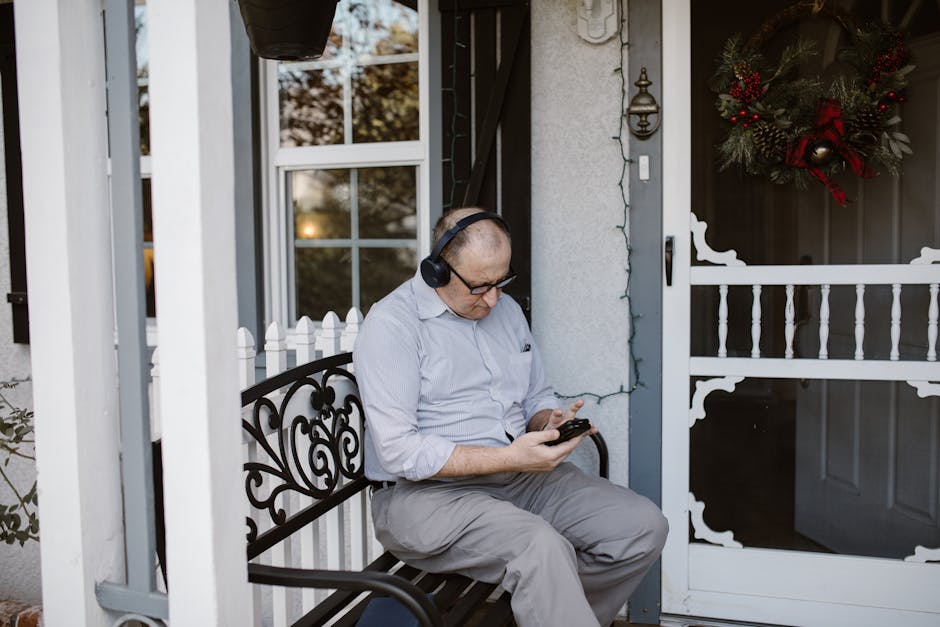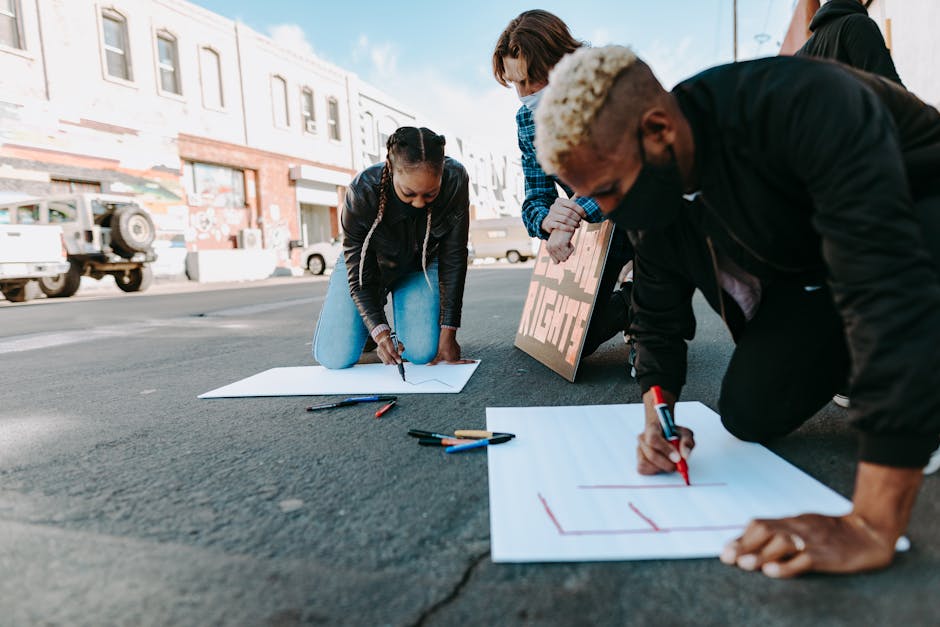The unsealing of Jeffrey Epstein’s court documents has sparked global outrage, exposing high-profile names and reigniting debates about accountability. Among those scrutinized is US Congressman Clay Higgins (R-Louisiana), who drew attention for voting against releasing the files.
Who is Clay Higgins, and why did he oppose transparency in such a high-profile case?
Clay Higgins: From Law Enforcement to Congress
Before politics, Higgins was a law enforcement officer with the Lafayette Parish Sheriff’s Office. His viral “Crime Stoppers” videos, featuring tough warnings like, “You will be hunted, you will be trapped, and you will be incarcerated,” earned him the nickname “Cajun John Wayne.”
In 2016, he leveraged his local fame to win Louisiana’s 3rd Congressional District as a Republican. Since then, he has championed conservative ideals, including limited government, border security, and law-and-order policies.
Why Did Clay Higgins Oppose Releasing Epstein’s Files?
In December 2022, the House voted 349-58 to release Epstein-related documents—a near-unanimous decision. Higgins was among the few who voted no, raising questions about his stance.
He defended his vote, citing due process and privacy concerns:
“I support transparency, but I also uphold the Constitution. Releasing unredacted documents without judicial oversight could harm innocent people. Justice must be served without violating due process.”
Critics called it hypocrisy, noting Higgins’ past demands for transparency in investigations involving political opponents. Others speculated whether his vote was influenced by potential allies named in the files—though no evidence supports this.
Controversies Surrounding Clay Higgins
Higgins is no stranger to backlash:
– COVID-19 Response: Downplayed the virus’s severity, even after contracting it.
– January 6 Remarks: Posted a now-deleted video implying consequences for pro-impeachment lawmakers.
– Border Standoff (2023): Led an armed group to the US-Mexico border, vowing to act against migrants—drawing bipartisan criticism.
Public Reaction & Political Impact
Higgins’ vote drew mixed reactions:
– Supporters: Argue he protected constitutional rights.
– Critics: Question whether he shielded powerful figures tied to Epstein.
Victims’ advocates demand full transparency: “If there’s nothing to hide, why block disclosure?”
What’s Next for Clay Higgins?
As more Epstein documents emerge, scrutiny on Higgins may grow. His conservative district has backed him through past controversies, but this vote could test his support.
For now, Higgins remains a polarizing figure—a tough-on-crime lawmaker whose decisions often fuel debate.




